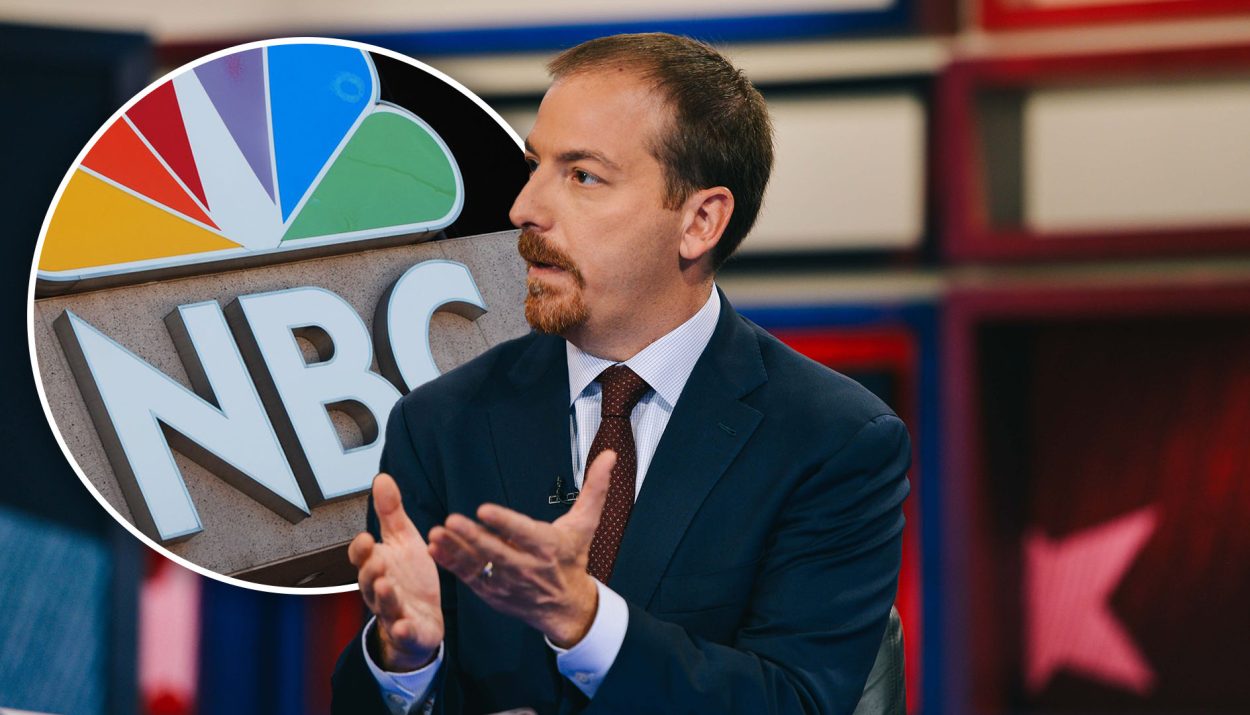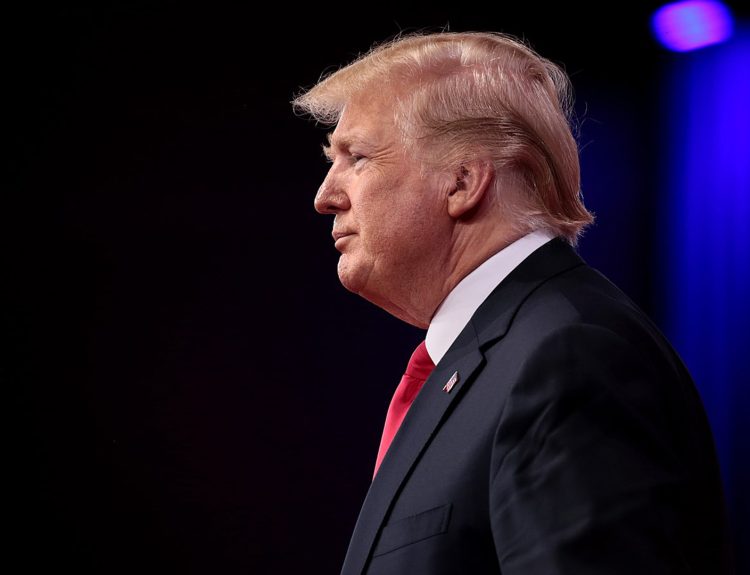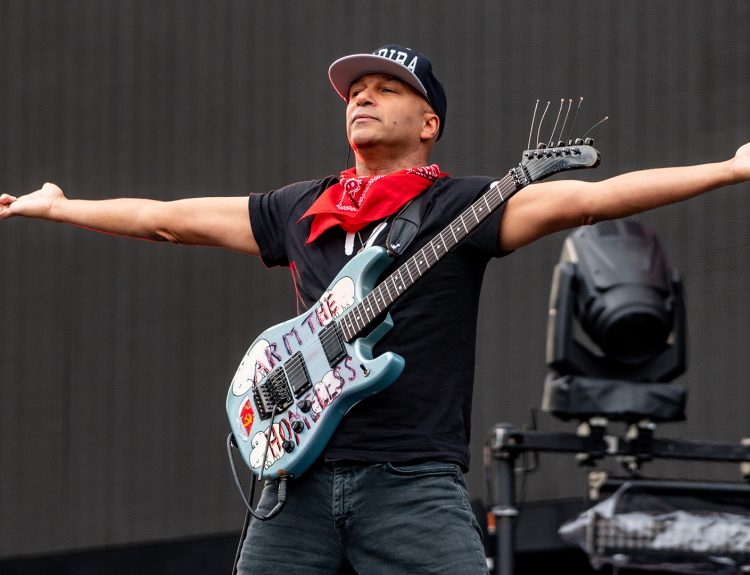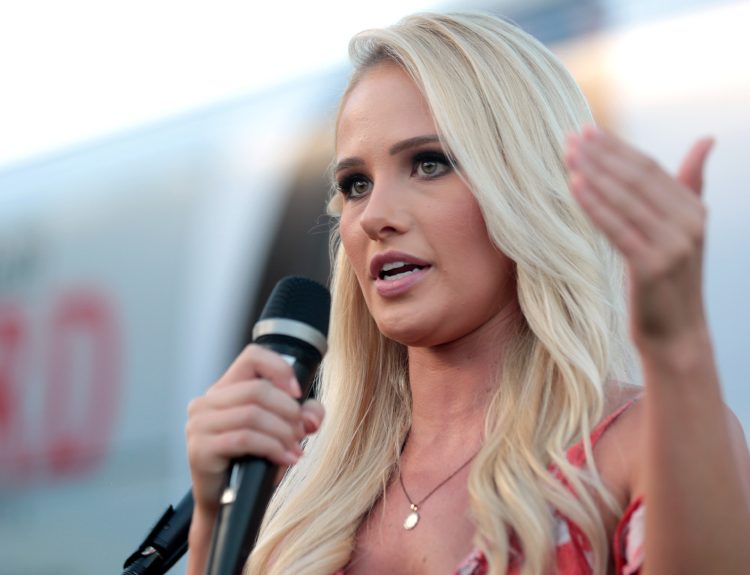In a stunning on-air moment, former “Meet the Press” host Chuck Todd openly criticized NBC for hiring Ronna McDaniel, the former chair of the Republican National Committee, as a political analyst. Todd’s bold statement has sparked a heated debate about the credibility and impartiality of news networks in today’s political landscape.
Todd Accuses McDaniel of “Credibility Issues”
During a discussion panel on “Meet the Press,” Chuck Todd expressed his and other journalists’ discomfort with NBC’s decision to hire Ronna McDaniel. He accused the former RNC chair of having “credibility issues,” citing instances of “gaslighting” and “character assassination” in their professional dealings with the RNC over the past six years.
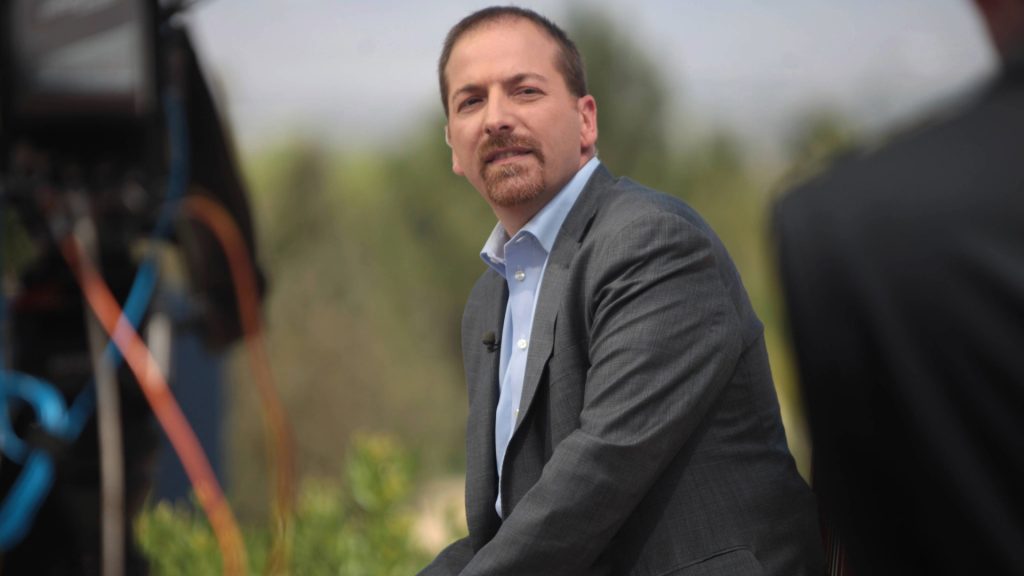
Todd questioned what value McDaniel brings to NBC News, given her past actions and the network’s decision to lend her its credibility. His strong words have ignited a conversation about the responsibilities of news organizations when hiring political figures.
McDaniel’s Controversial Appearance on “Meet the Press”
Before Todd’s criticism, Ronna McDaniel appeared as a guest on “Meet the Press” in a one-on-one interview with current host Kristen Welker. Welker made it clear that the interview was scheduled before McDaniel’s hiring and that she was not involved in the decision.
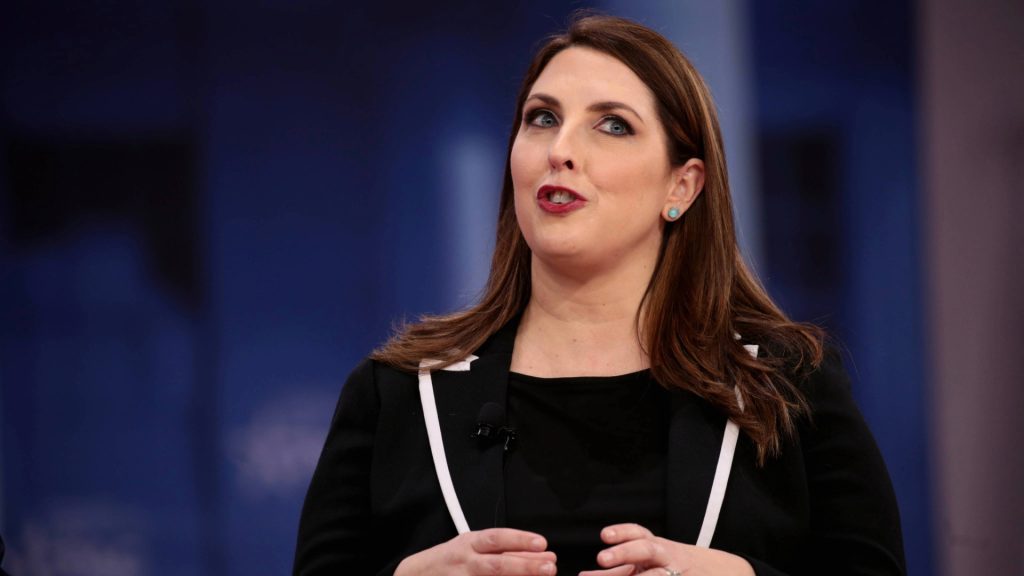
During the interview, McDaniel faced questions about the January 6, 2021, Capitol riot, her relationship with former President Donald Trump, and her persistent, unsubstantiated claims of fraud in the 2020 election. Her responses have drawn scrutiny from both journalists and the public.
Todd’s Apology to Welker and Criticism of NBC
Chuck Todd did not hold back in addressing what he called “the elephant in the room.” He apologized to Kristen Welker on behalf of their bosses for putting her in an uncomfortable situation, given McDaniel’s new status as a paid contributor to NBC News.
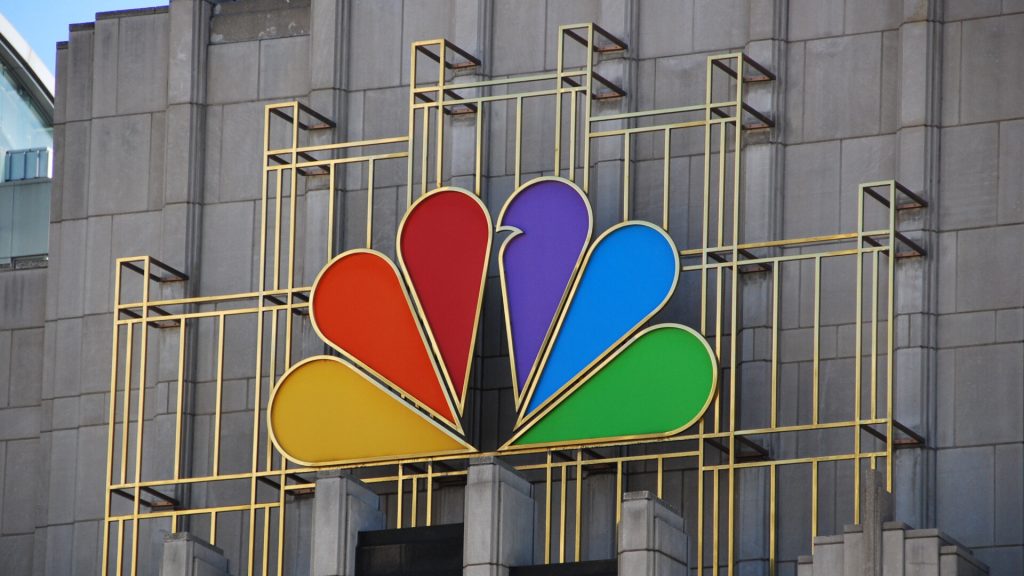
Todd expressed his uncertainty about the sincerity of McDaniel’s answers, suggesting that she may have been cautious not to jeopardize her new contract with the network. His comments have raised questions about the potential conflicts of interest that arise when news outlets hire political figures.
The Controversy Surrounding McDaniel’s Hiring
The decision to bring Ronna McDaniel on board as a political analyst has sparked a heated debate, with critics aiming her past comments about the 2020 election. Despite a lack of evidence, McDaniel has repeatedly claimed that there were issues with the race, which President Joe Biden won.
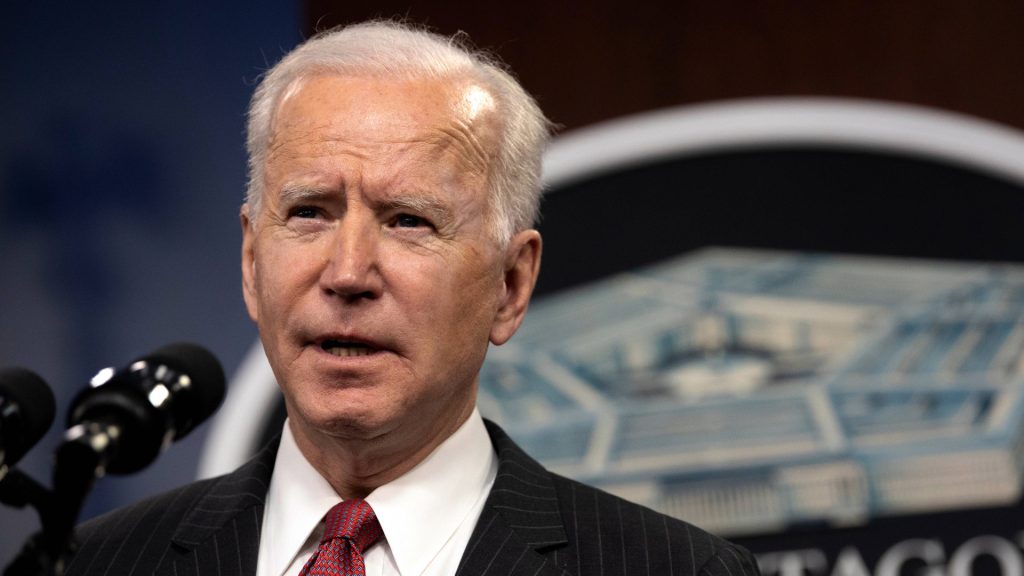
While news outlets have previously hired administration officials and political party leaders, the backlash against McDaniel’s hiring highlights the growing concern over the blurring lines between journalism and politics in an increasingly polarized media landscape.
NBC News Declines to Comment on the Controversy
As the controversy surrounding Ronna McDaniel’s hiring continues to unfold, NBC News has declined to comment on the situation. The network’s silence has only fueled speculation about the motivations behind the decision and the potential impact on its credibility.
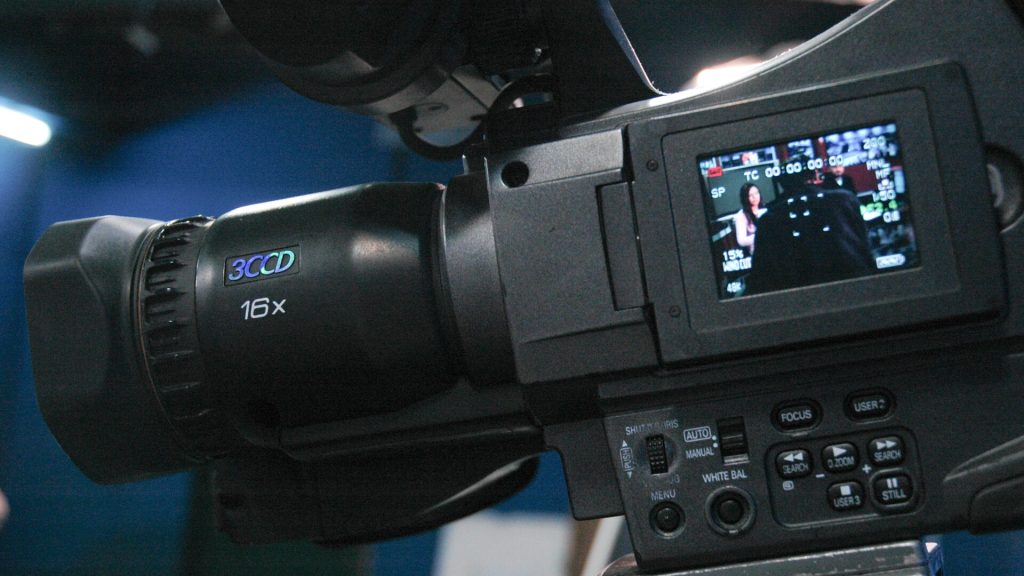
The lack of transparency from NBC News has left many wondering about the network’s stance on the issue and whether it will address the concerns raised by Chuck Todd and other journalists who have expressed their discomfort with the hiring.
The Importance of Impartiality in News Media
The debate surrounding Ronna McDaniel’s hiring by NBC News has brought the issue of impartiality in news media to the forefront. In an era of heightened political polarization, the public relies on news organizations to provide unbiased and accurate information.
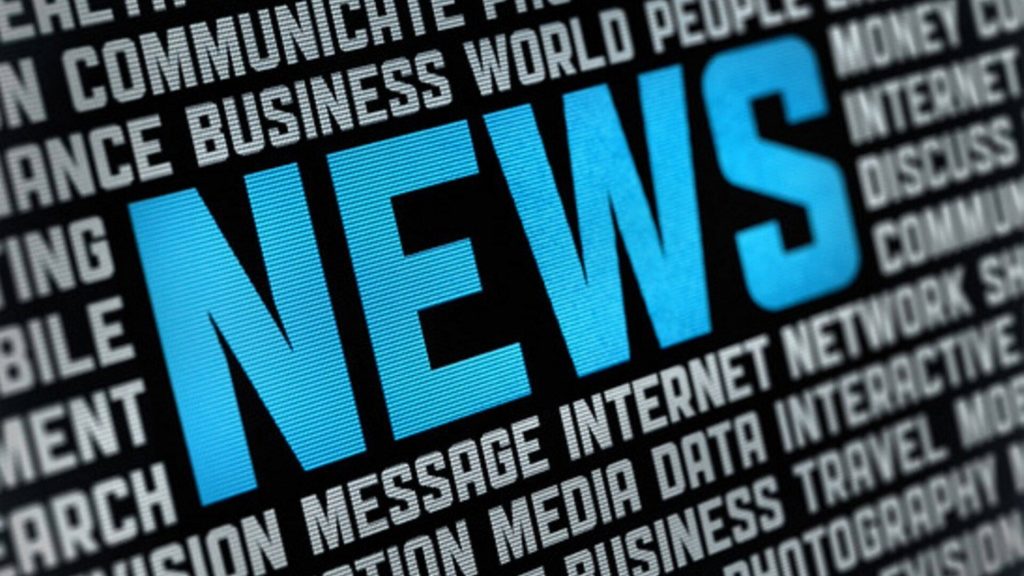
The decision to hire a former political party chair has raised questions about the ability of news networks to maintain objectivity and avoid conflicts of interest. As the media landscape continues to evolve, news organizations must prioritize transparency and impartiality in their hiring practices and reporting.
The Role of Political Analysts in News Coverage
Political analysts play a significant role in news coverage, offering insights and perspectives on current events and political developments. However, the hiring of former political officials and party leaders has raised concerns about the potential for bias and the blurring of lines between analysis and advocacy.
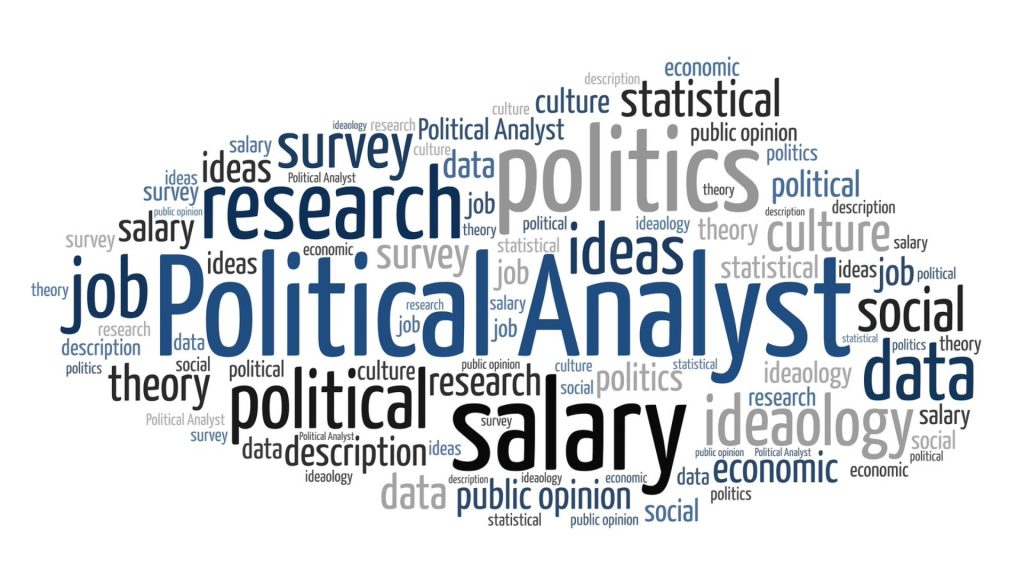
As news networks grapple with the challenges of maintaining credibility in an increasingly polarized environment, it is essential to carefully consider the qualifications and backgrounds of political analysts and ensure that their contributions enhance, rather than undermine, the quality of news coverage.
The Impact on Public Trust in News Media
The controversy surrounding Ronna McDaniel’s hiring by NBC News has the potential to further erode public trust in news media. In an era of “fake news” accusations and declining confidence in traditional media outlets, incidents like this can fuel skepticism and cynicism among viewers.

News organizations have a responsibility to uphold the highest standards of journalism and to prioritize the public’s trust above all else. The decision to hire political figures with controversial backgrounds risks undermining that trust and damaging the credibility of the media as a whole.
The Need for Transparency and Accountability in Media Hiring
The backlash against Ronna McDaniel’s hiring highlights the need for greater transparency and accountability in media hiring practices. News organizations must be willing to engage in open and honest conversations about their decision-making processes and the criteria they use to evaluate potential hires.
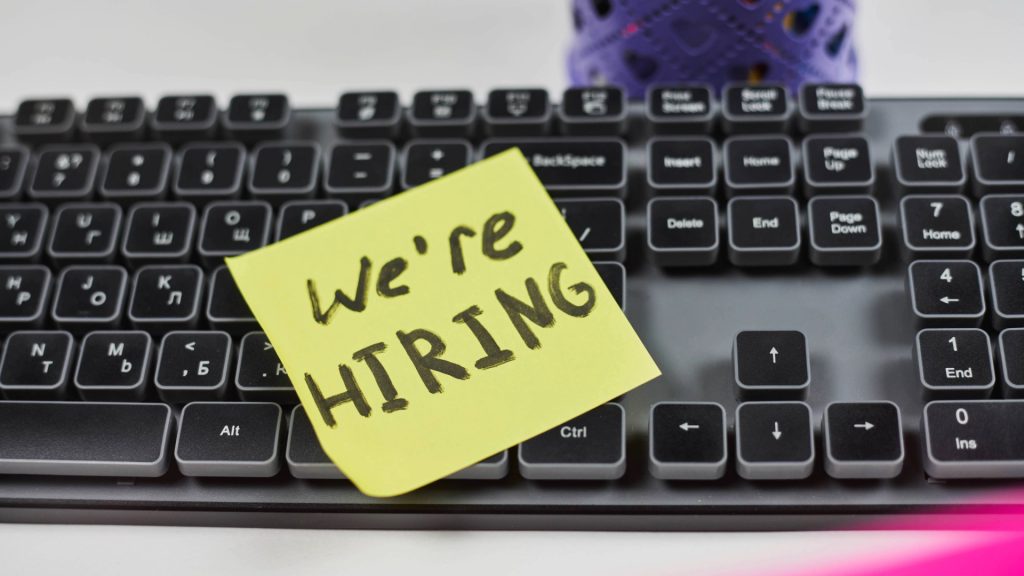
By being transparent about their hiring practices and addressing concerns raised by journalists and the public, news networks can demonstrate their commitment to maintaining the highest standards of journalism and preserving the trust of their viewers.
The Future of Political Analysis in News Media
As the controversy surrounding Ronna McDaniel’s hiring continues to unfold, it raises questions about the future of political analysis in news media. While the insights of former political officials and party leaders can be valuable, news organizations must carefully consider the potential risks and benefits of giving them a platform.
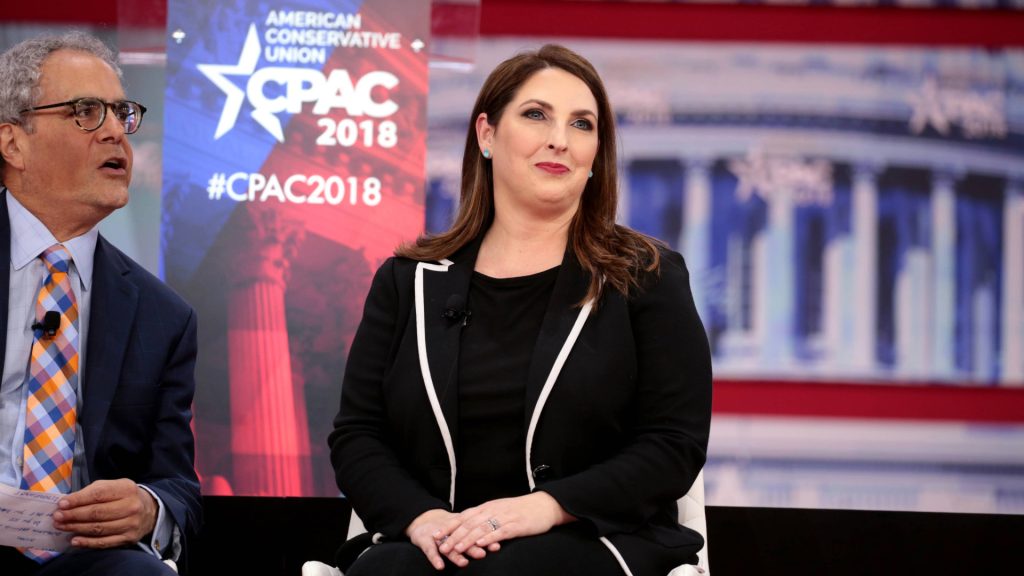
Moving forward, news networks may need to reevaluate their approach to political analysis and explore alternative ways of providing viewers with diverse perspectives on current events and political developments. This could include a greater emphasis on independent experts and a more rigorous vetting process for potential hires.
The Responsibility of News Organizations to the Public
At the heart of the debate surrounding Ronna McDaniel’s hiring is the fundamental responsibility of news organizations to serve the public interest. As the fourth estate, the media plays a crucial role in informing the public and holding those in power accountable.
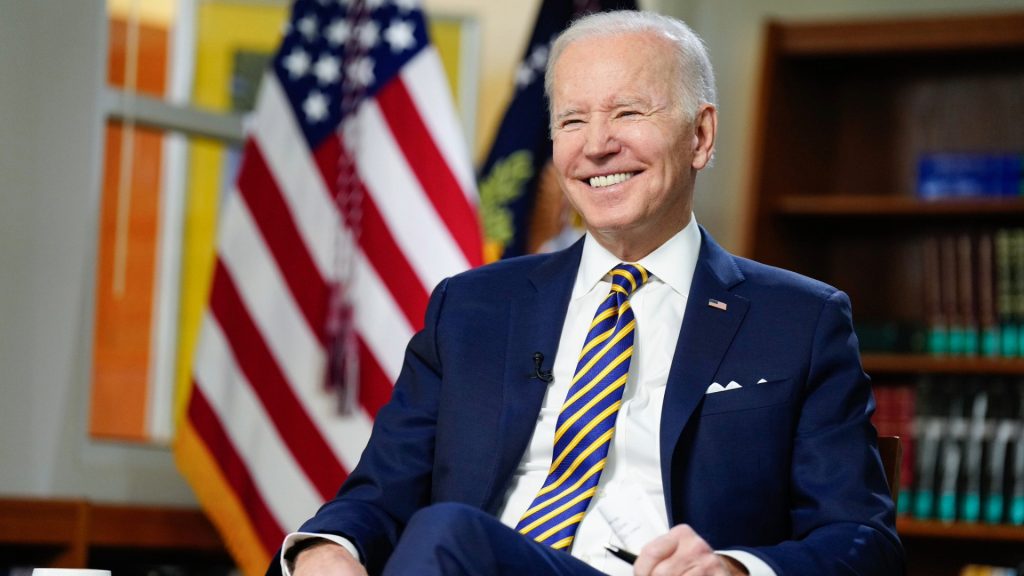
By prioritizing credibility, impartiality, and transparency in their hiring practices and reporting, news networks can fulfill their obligation to the public and help to strengthen democracy. The controversy surrounding McDaniel’s hiring serves as a reminder of the high stakes involved in this essential work.
The Importance of Diverse Perspectives in News Coverage
While the hiring of former political officials and party leaders can be controversial, it is essential to recognize the value of diverse perspectives in news coverage. By including a range of voices and viewpoints, news organizations can provide viewers with a more comprehensive understanding of complex issues and events.
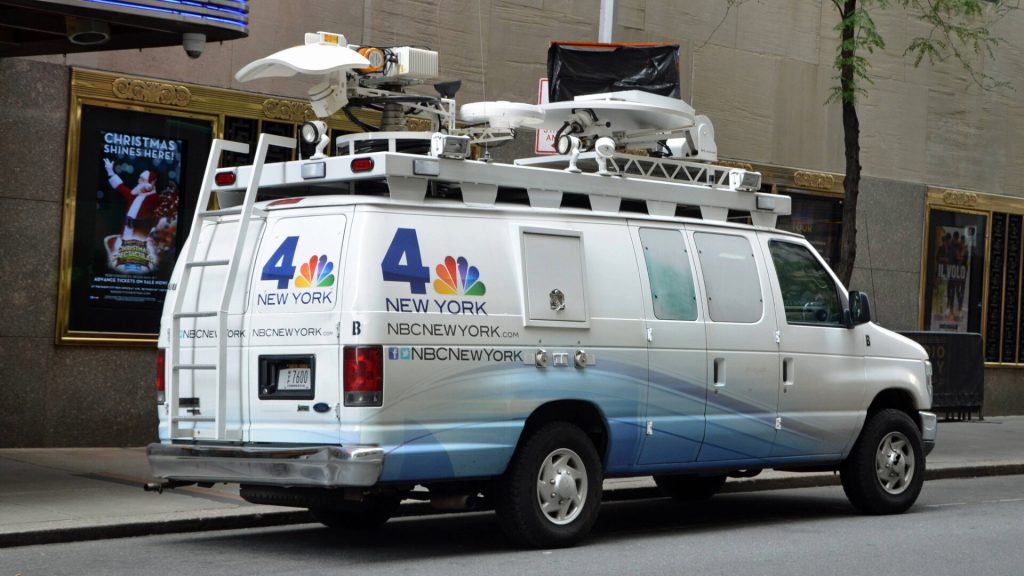
However, the inclusion of diverse perspectives must be balanced with a commitment to impartiality and accuracy. News networks must ensure that the contributions of political analysts enhance, rather than undermine, the quality and credibility of their reporting.
The Role of the Public in Holding News Media Accountable
As the controversy surrounding Ronna McDaniel’s hiring demonstrates, the public plays a crucial role in holding news media accountable. By engaging in open and honest conversations about the quality and credibility of news coverage, viewers can help to shape the future of journalism.

Through social media, letters to the editor, and other forms of feedback, the public can make their voices heard and demand the highest standards of journalism from the news organizations they rely on. By working together, journalists and the public can help to build a stronger, more trustworthy media landscape.

